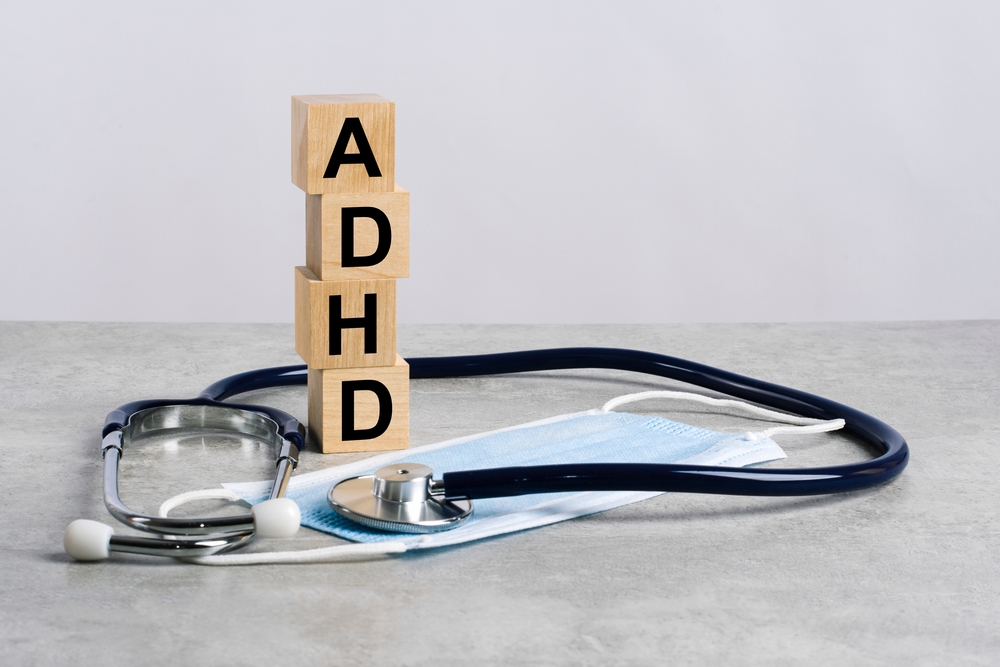Attention-deficit hyperactivity disorder (ADHD), previously referred to as attention deficit disorder (ADD), is listed in the Diagnostic and Statistical Manual of Mental Disorders, Fifth Edition (DSM-5) as a chronic brain disease. It is characterized by “a persistent pattern of inattention and/ or hyperactivity-impulsivity that interferes with functioning or development.” Although ADHD is one of the most widely researched conditions in America, the precise cause for developing ADHD remains unknown. Scientific evidence has, however, indicated that genetic factors, environmental factors, and developmental delays may contribute to its development. If left untreated, the symptoms associated with ADHD will interfere with one’s ability to function optimally in his or her daily life.
Treatment
Formal treatment plans for ADHD often include a combination of psychotherapy and medication, and they are not mutually exclusive. More so, empirical evidence has found that a combination of both treatment interventions yield the most successful results. Each person is unique and will require a tailored treatment plan to ensure all nuanced needs are met. Customized treatment plans could include one or more psychotherapeutic modality, such as cognitive behavioral therapy (CBT), dialectical behavior therapy (DBT), expressive arts therapy, and more. Medications are the first line of treatment for ADHD, and studies have shown they are effective for about 80% of children with the condition. Examples of commonly prescribed medications include Vyvanse, Adderall XR, Dexedrine, and Ritalin. To help keep your ADHD disorder symptoms in check and set yourself up for success, consider the following informal treatment tips:
-
- Stick to a schedule: developing and adhering to a schedule provides consistency and routine, which can help you maintain stability.
- Prioritize your sleep hygiene: poor sleep habits can affect your circadian rhythm (sleep-wake cycle), which can have a negative impact on your mood and ability to manage your ADHD symptoms.
- Resist the urge to act impulsively: take your time when making decisions.
- Engage in physical activity and exercise regularly: exercising is one of the body’s natural ways of releasing endorphins, which help to reduce pain and increase pleasure, making you feel happier and enhancing your overall mood. A major study found that physical activity spurs the release of proteins that cause nerve cells to grow and make new connections, which improves brain function and subsequently enhances mental health.
- Eat nutritiously: food is the fuel for your body, and what you eat plays a large role not only in the physical health of your body but also in your mental health.
- Practice mindfulness: try different relaxation exercises to quiet your mind, like yoga or meditation. Research has found that meditation can help lower blood pressure, reduce feelings of anxiety and depression, improve insomnia, and more, all of which can be helpful in minimizing ADHD symptoms.
There are many treatment options, both formal and informal, available that can help young people learn applicable strategies, techniques, and tools to effectively cope with and navigate the symptoms of ADHD.
For Information and Support
Every family in need of mental health treatment must select a program that will best suit the needs of their family. When one member of a family struggles, it impacts everyone in the family unit. To maximize the benefits of treatment we work closely with the entire family to ensure that everyone is receiving the support they need through these difficult times. Seeking help is never easy, but you are not alone! If you or someone you know needs mental health treatment, we strongly encourage you to reach out for help as quickly as possible. It is not uncommon for many mental health difficulties to impact a person’s life, long term. Pursuing support at the beginning of one’s journey can put the individual in the best position to learn how to manage themselves in a healthy way so they can go on to live happy and fulfilling lives.
OUR KNOWLEDGEABLE ADMISSIONS TEAM CAN BE REACHED 24/7 AT INFO@PACIFICRTC.COM OR CALL: 800-531-5769






